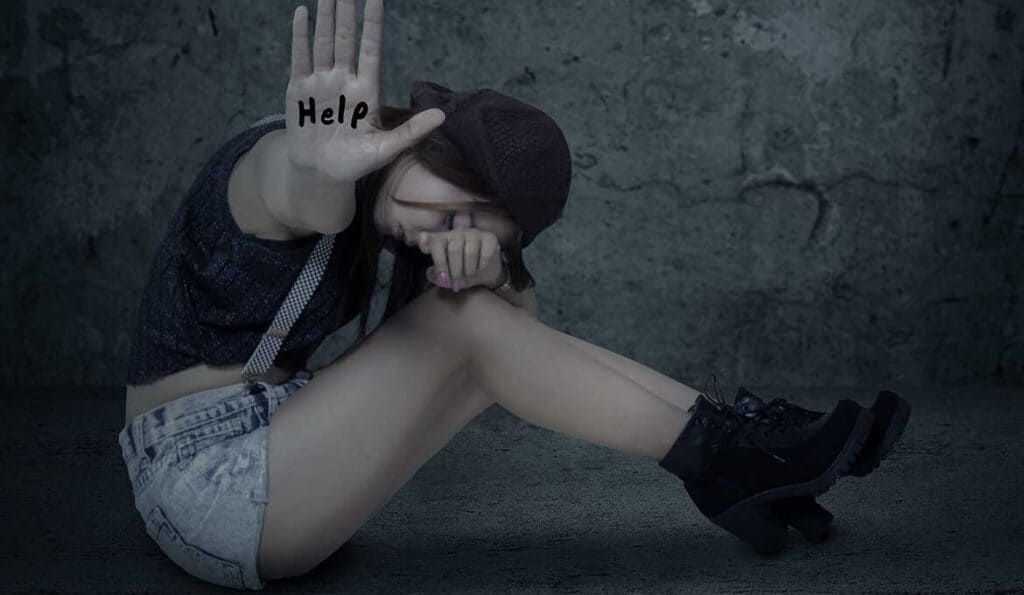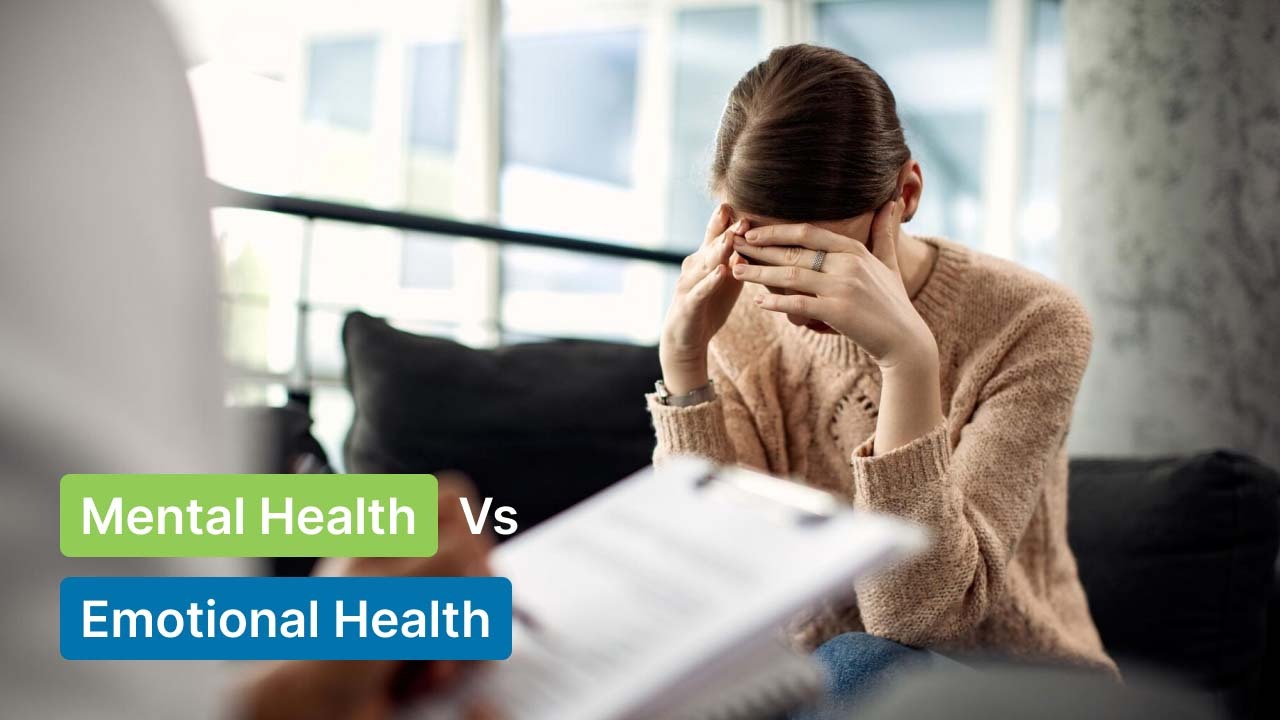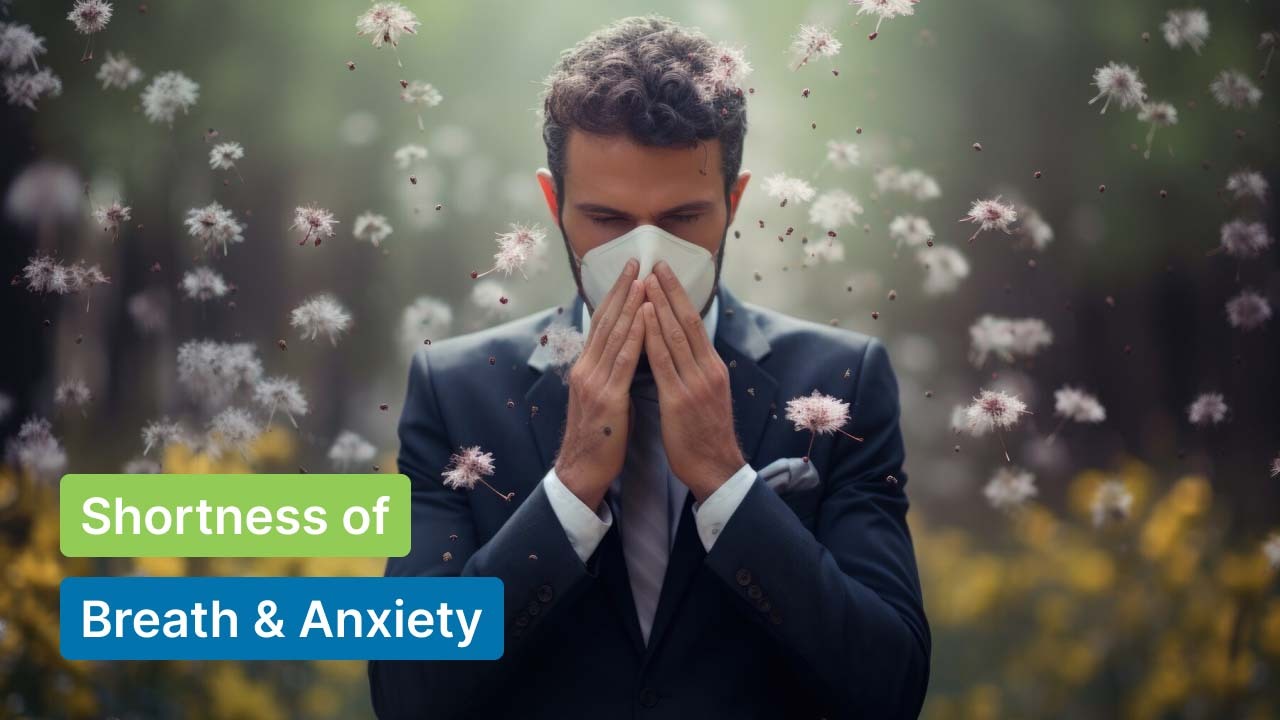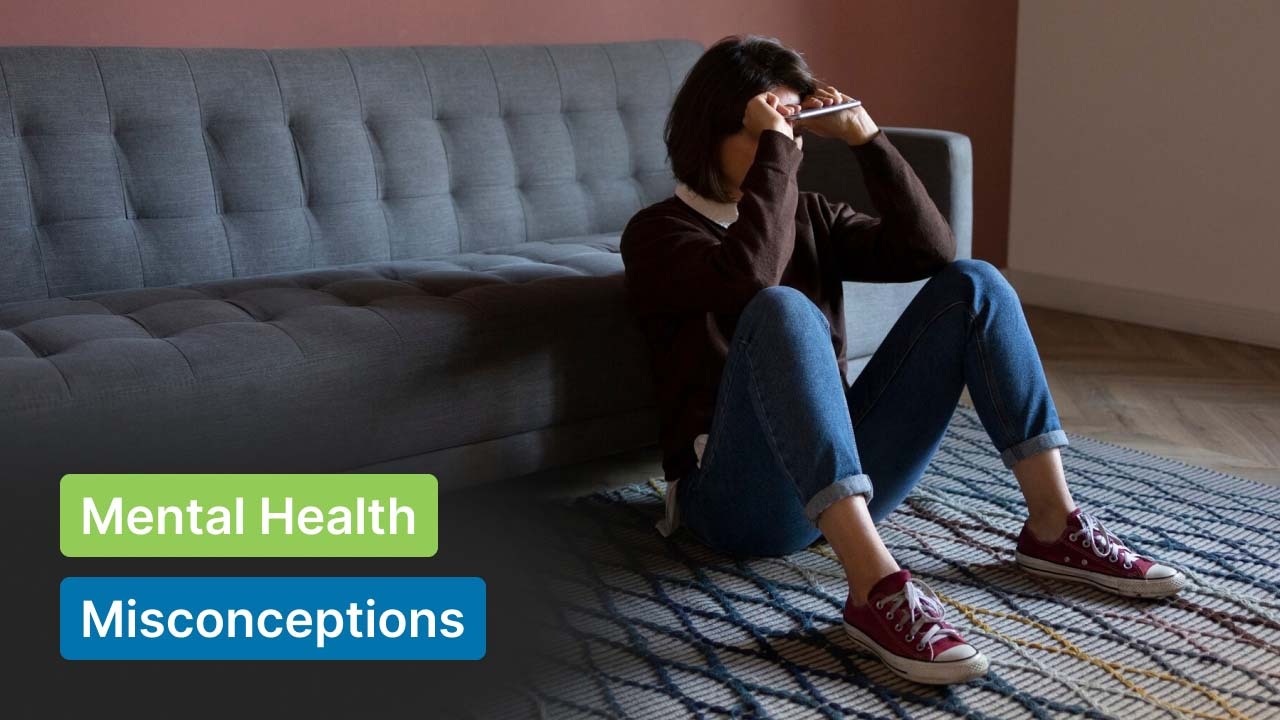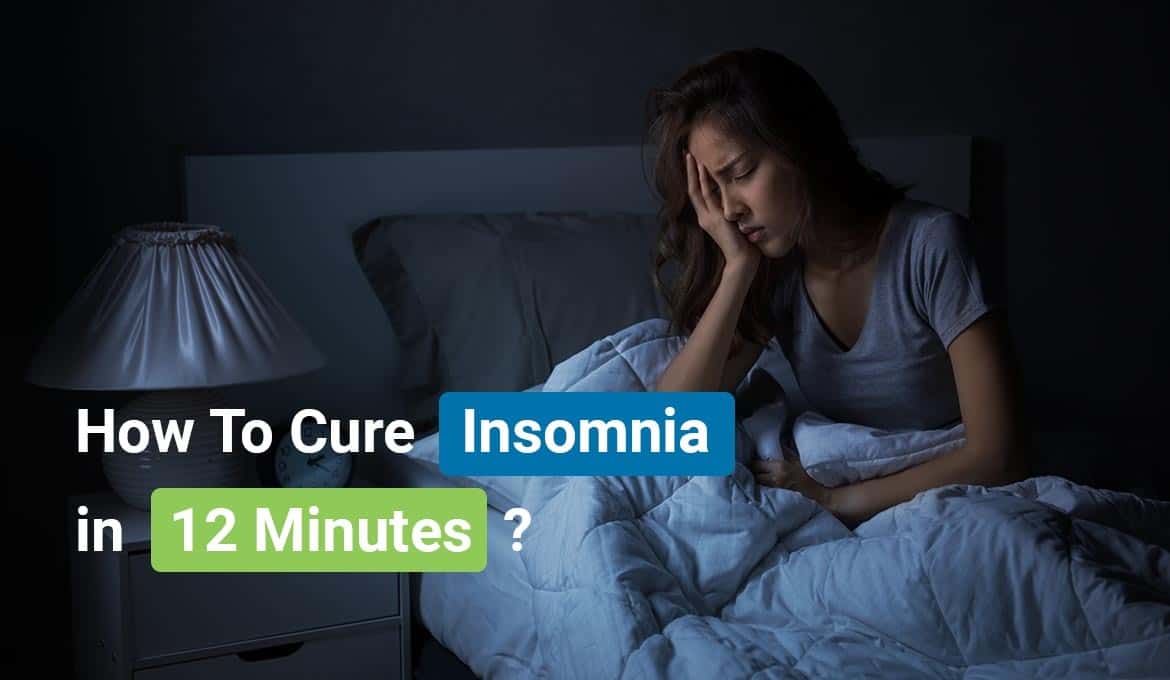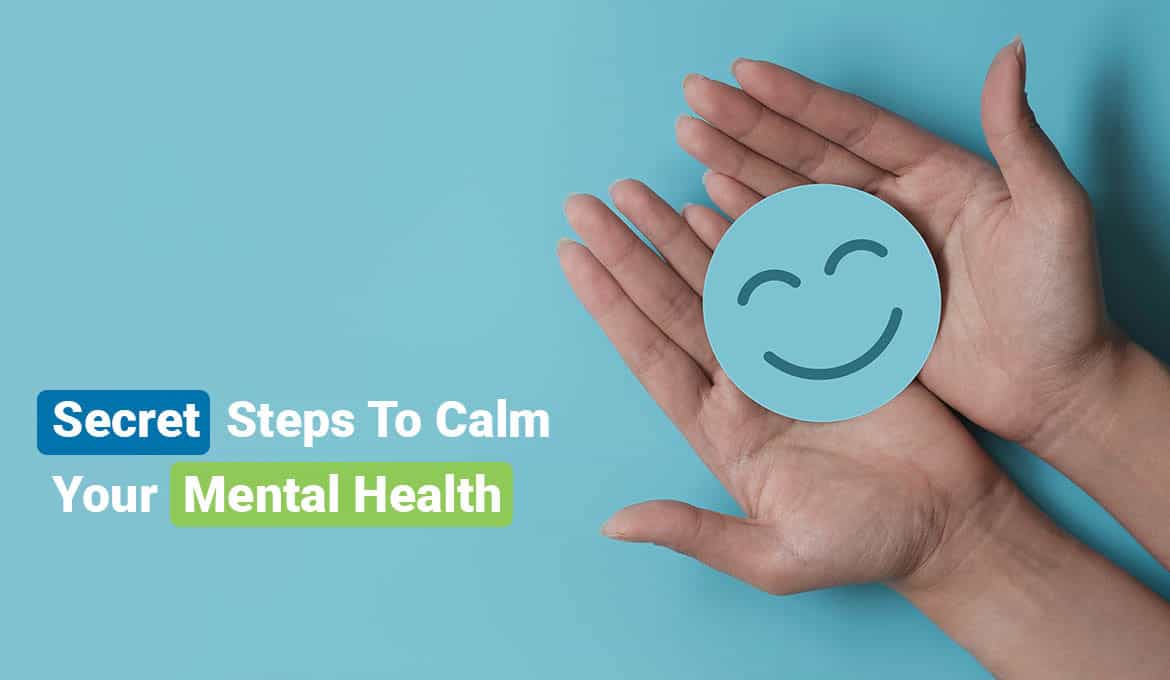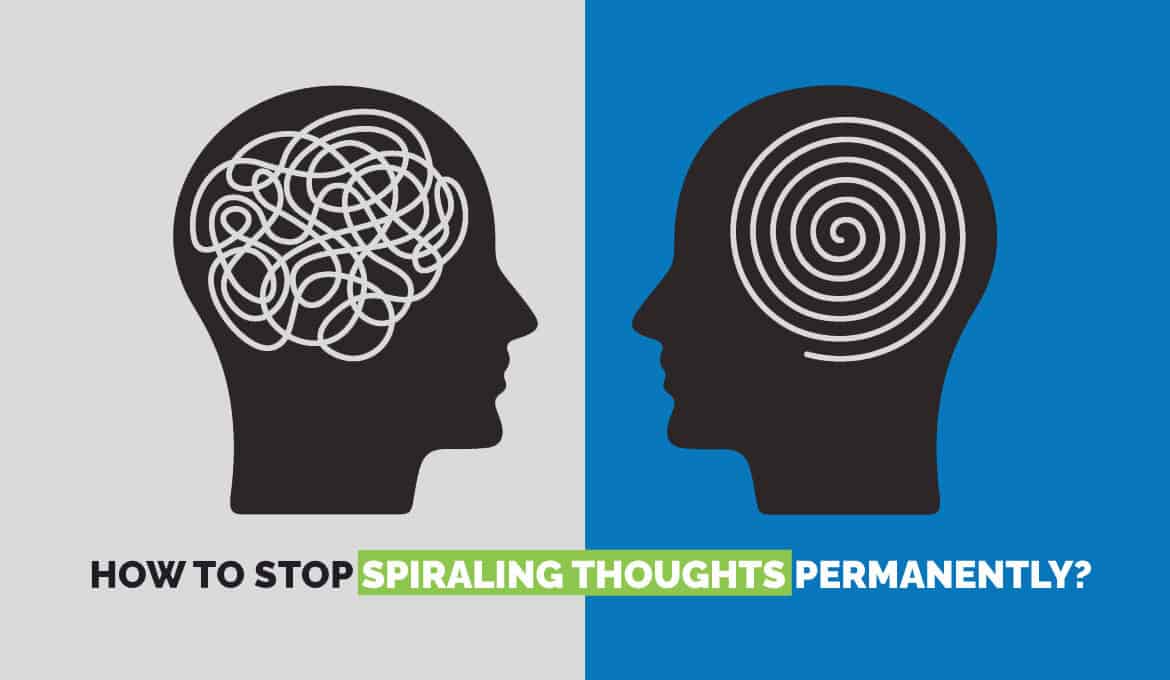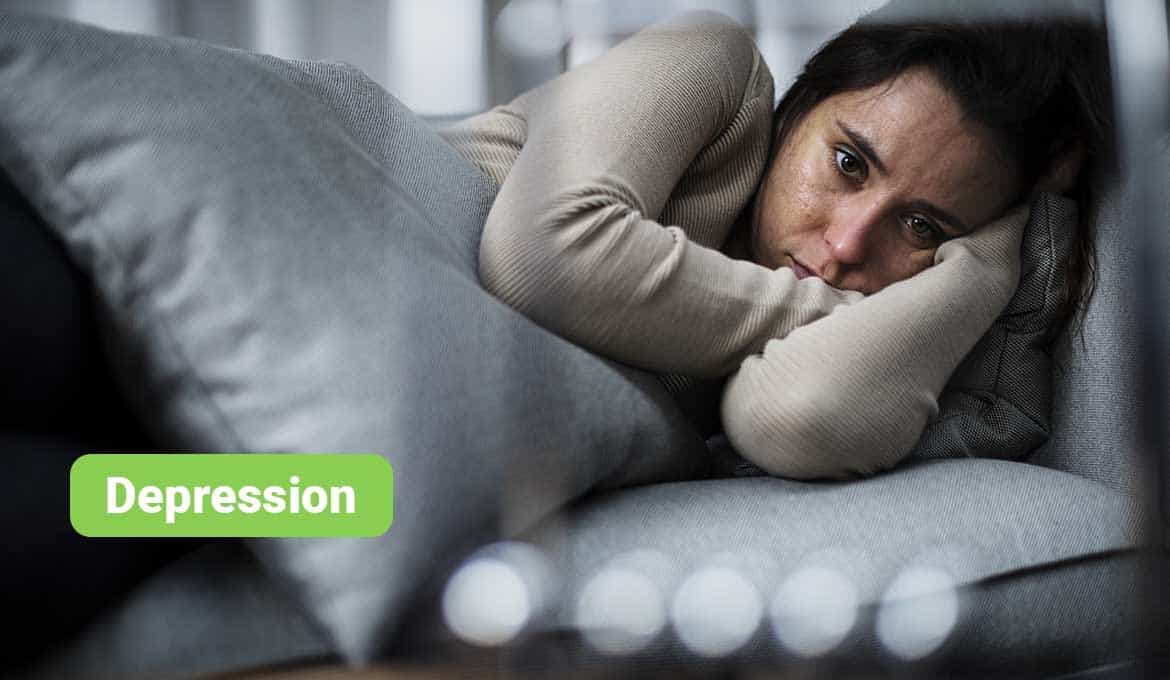
While feeling down is normal, if you're experiencing feelings of hopelessness or despair, it may be time for help. Left untreated, depression can lead to serious health complications.
If you're uncertain whether someone you know is depressed, ask them to describe their symptoms and consult a healthcare provider. A healthcare professional can make a diagnosis and prescribe medications to address the condition.
Depression presents differently for each individual and may be caused by a variety of factors. Brain chemistry, genetics, and stressful life events all play a role in depression development.
Physical conditions such as fibromyalgia syndrome can also cause depression-like symptoms. Diabetes, hypothyroidism, and anemia have all been known to contribute to mood changes. So, it is important to recognize the signs of depression.
What Is Depression?
Depression is a widespread, chronic mental health condition that impacts how you feel and think. It may even have an effect on how you live your life. Depression can affect anyone, regardless of age or gender. According to researchers, nearly 7% of adults experience clinical depression each year.
Depression can be caused by a variety of causes, such as brain chemistry, genetics, and stressful events. A family history of depression is another risk factor for developing it. If a parent or sibling has experienced depression, you are approximately three times more likely to follow suit.
Medications, psychotherapy, and counseling can help manage symptoms of depression. Fortunately, depression is a highly treatable condition. Around 80% to 90% of those with depression respond well to treatment.
How to Recognize the Signs of Depression?
Depression is a real mental health issue that impacts millions of people. If you suspect that you or someone you love is in depression, seek medical help. Here are a few signs of depression you need to look out for.
Hopeless Outlook
Though everyone experiences negative thoughts from time to time, depression causes a permanent shift in your perspective that makes it impossible to see the positive aspects of life.
This can be observed by friends and family members alike, yet may go undetected for an extended period. If you feel like your mental health is stagnating, it may be time to speak with a mental health professional about treatment options.
Lost Interest
Depressed individuals often experience a loss of interest in activities that used to bring them joy or excitement, such as hobbies, sports, relationships, or sexual activity.
Anhedonia is the term for apathy or disinterest in things you once found enjoyable. Mental health professionals describe anhedonia as an emotion that doesn't bring you joy when doing what once brought you pleasure.
Increased Fatigue
People suffering from depression often report feeling very tired, even when not working or doing something strenuous. Their lack of energy may make it difficult to get through their day, and sleep may be an issue as well.
Studies have revealed that individuals with depression often experience greater fatigue than those without. This may be because their brain has an imbalance in chemical messengers responsible for feeling energized and alert.
Anxiety
Depression and anxiety are mood disorders that often go hand-in-hand. They may both be triggered by similar things, like a stressful event or past experience that's causing you to worry.
Anxiety is a normal response to certain circumstances, the ‘fight-or-flight' response that helps keep you safe in an emergency.
But when this feeling of unease becomes intense or persistent, it could indicate there is something amiss and that you require medical assistance. To cope with anxiety, we recommend to use anxiety management app or visit your local medical expert
Irritability In Men
Men may experience feelings of irritability from time to time, which are not always indicative of depression. But if these symptoms last longer than expected and start interfering with everyday activities, then it could be time for help.
Irritability can be due to a variety of issues, such as medical conditions like low testosterone or B vitamin deficiencies.
Changes In Appetite And Weight
One of the hallmarks of depression is an increase in appetite or loss of appetite. Your body is a complex machine that regulates when and how much food you eat based on various factors like your mood, activity level, and other influences.
Researchers discovered that people suffering from depression often experienced changes in their eating and weight patterns.
Uncontrollable Emotions
Emotions are one of the primary signs of depression, though their exact meaning may not always be obvious.
Some individuals may experience uncontrollable feelings like sadness, impatience, or anger, which may be difficult to manage. Some individuals suffering from depression may take their emotions out on others by yelling at friends or family.
Looking At Death
If your thoughts of death are becoming more frequent or you experience suicidal thoughts, this could be indicative of depression. Your thoughts might be connected to a past loss, or you may be worried that you will pass away soon.
Changes In Sleep Habits
Changes in your sleeping patterns may be indicative of depression. For instance, if you're waking up earlier than normal and taking naps throughout the day, these are signs that something is amiss.
Studies have revealed that up to 20% of depressed adults suffer from insomnia or difficulty falling or staying asleep.
Alcohol Or Drug Use
Many people who experience depression also struggle with an addiction to alcohol or drugs, known as a dual diagnosis.
This combination can make dealing with depression more challenging than just dealing with the individual issue alone.
Negative Self-Talk
Negative self-talk is a common sign of depression, and it's often overlooked. But recognizing these thoughts and taking steps to address them can be beneficial.
Psychotherapy is an effective way to combat negative recurring thoughts and learn how to rewire them for positive ones. Altering how you speak to yourself can help you manage negative thoughts and replace them with positive ones.
What to Do If a Loved One Has Hidden Depression?
Major depressive symptoms may be obvious, but hidden depression may not always be so straightforward to spot. This type of disorder is more serious and dangerous than its more well-known counterparts.
It often goes undetected by healthcare providers due to people failing to disclose their symptoms.
A loved one suffering from hidden depression often hides their emotions from others due to fear of judgment or punishment. This can be a difficult situation for everyone, especially those trying to assist someone who has this disorder.
If you suspect that someone you care about is struggling with depression, try talking to them about their symptoms and offering non-judgmental support.
Doing this will not only help them access the necessary support but also give both of you an opportunity to express your own emotions and struggles.
Conclusion
If you know someone suffering from depression, it's essential to recognize the warning signs and get them the help they need. Recognizing these hidden symptoms of mental illness is the first step toward providing them with comfort and relief.
One of the most telling signs that someone may be struggling is a loss of interest in hobbies and activities they once enjoyed.
Another indicator could be an altered personality; for instance, if they tend to be outgoing and social but then become withdrawn and quiet. If you suspect your loved one may be struggling with depression, offer help and support.
Read Also:

